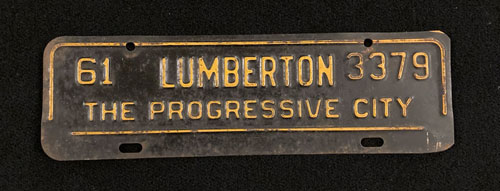“[Dean Moriarty — that is, Neal Cassady] and I suddenly saw the whole country like an oyster for us to open; and the pearl was there, the pearl was there. Off we roared south. We picked up another hitchhiker. This was a sad young kid who said he had an aunt who owned a grocery store in Dunn, North Carolina, right outside Fayetteville. ‘When we get there can you bum a buck off her? Right! Fine! Let’s go!’ We were in Dunn in an hour, at dusk. We drove to where the kid said his aunt had the grocery store. It was a sad little street that dead-ended at a factory wall. There was a grocery store but there was no aunt. We wondered what the kid was talking about. We asked him how far he was going; he didn’t know. It was a big hoax; once upon a time, in some lost back-alley adventure, he had seen the grocery store in Dunn, and it was the first story that popped into his disordered, feverish mind. We bought him a hot dog, but Dean said we couldn’t take him along because we needed room to sleep and room for hitchhikers who could buy a little gas. This was sad but true. We left him in Dunn at nightfall.”
— From “On the Road” by Jack Kerouac (1957)

